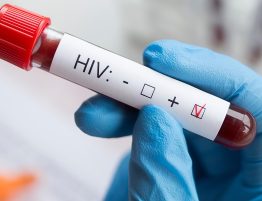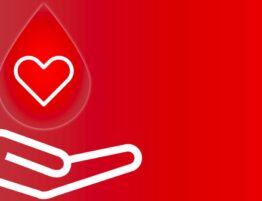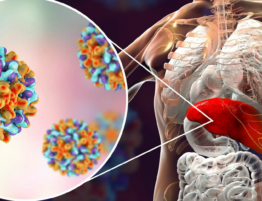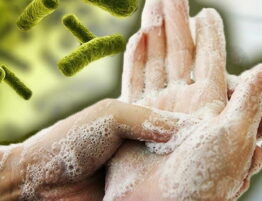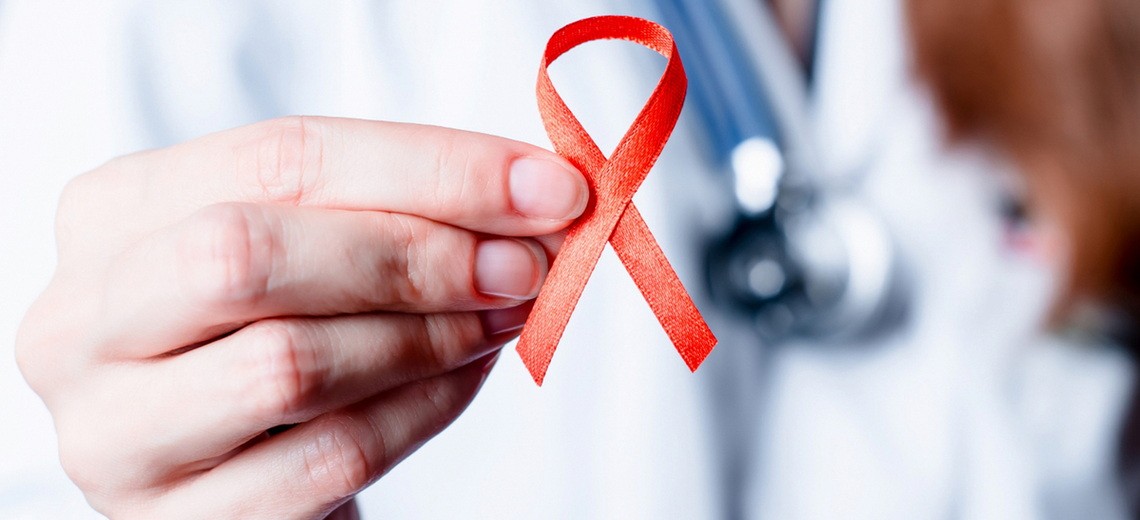
The spread of HIV infection poses a real threat to public health and requires a serious and reasonable approach to this problem.
Many people believe that only representatives of certain social groups (drug addicts, prostitutes, homosexuals) can become infected with HIV, and this disease is not dangerous for an ordinary person. When the number of people infected with sexually transmitted diseases and HIV infection in the country reaches tens of thousands, not a single social group can feel protected. People of all backgrounds and lifestyles can become infected with HIV.
What is HIV infection?
HIV infection is an infectious disease caused by the human immunodeficiency virus (HIV).
HIV attacks the human immune system, causing various diseases to develop.
AIDS – acquired immunodeficiency syndrome – is the last stage of HIV infection.
How does HIV infection manifest itself?
In the period from 2-3 weeks to 3 months after contracting HIV infection, depending on the state of the immune system, the following symptoms may appear: fever, headaches, sore throat, swollen lymph nodes, weakness throughout the body, may Various allergy-type rashes and intestinal disorders may occur. All or some of these symptoms may last 1 to 4 weeks and go away on their own without any treatment. Then the latent period of virus carriage begins, when the disease may not manifest itself in any way. This period can last from 3 to 12 years.
How can HIV be detected?
HIV can live in the body for a long time before any symptoms appear. Often people living with HIV feel well during this time and do not even suspect that the virus is in their body. The only way to identify the disease is to undergo testing for the presence of specific antibodies to HIV in the blood.
In response to the penetration of HIV, antibodies to this virus begin to be produced in the blood. They can be identified no earlier than 3-6 months. Therefore, it is recommended to test for antibodies to HIV 3-6 months from the moment of suspected infection. During this period, an infected person can already transmit HIV to other people under certain conditions.
Anonymous and voluntary HIV testing can be done at a local clinic during opening hours of treatment rooms on weekdays.
HIV is transmitted:
- during sexual contact with an infected partner;
- when using non-disinfected syringes and needles;
- from an HIV-infected mother to a child during pregnancy, childbirth, and breastfeeding;
- through non-disinfected instruments for shaving, manicure and other hygiene procedures.
HIV is not transmitted:
- with generally accepted forms of greetings (handshakes, friendly kisses, hugs);
- through dishes, clothes, linen and other objects;
- airborne droplets (when coughing and sneezing);
- when visiting a swimming pool, shower, sauna, toilet;
- insect bites;
- through food, water;
- through sweat, tears.
Do only those actions that will not lead to the threshold of a fatal disease!
What do you need for this?
- Have a permanent, reliable sexual partner.
- Use condoms during sexual intercourse.
- Do not use drugs!
The most important thing in life is health!
If you want to know more about HIV infection, please contact:
- Department for the Prevention of HIV Infection of the State Institution “Brest Regional Center for Hygiene, Epidemiology and Public Health”: Brest, Svobody Square, 8, room. 3, tel. (0162) 20 75 89, (0162) 20 75 86;
- consultative and dispensary office of the Brest Regional Consultative Clinic of the Brest Regional Hospital: Brest, st. Meditsinskaya, 5, 4th floor, room. 419, tel. (0162) 27 21 99.
The test results obtained, as well as a conversation with a doctor, will help you make the right decision regarding your health and future life.
Ministry of Health of the Republic of Belarus. State Institution “Brest Zonal Center for Hygiene and Epidemiology”, 2015


